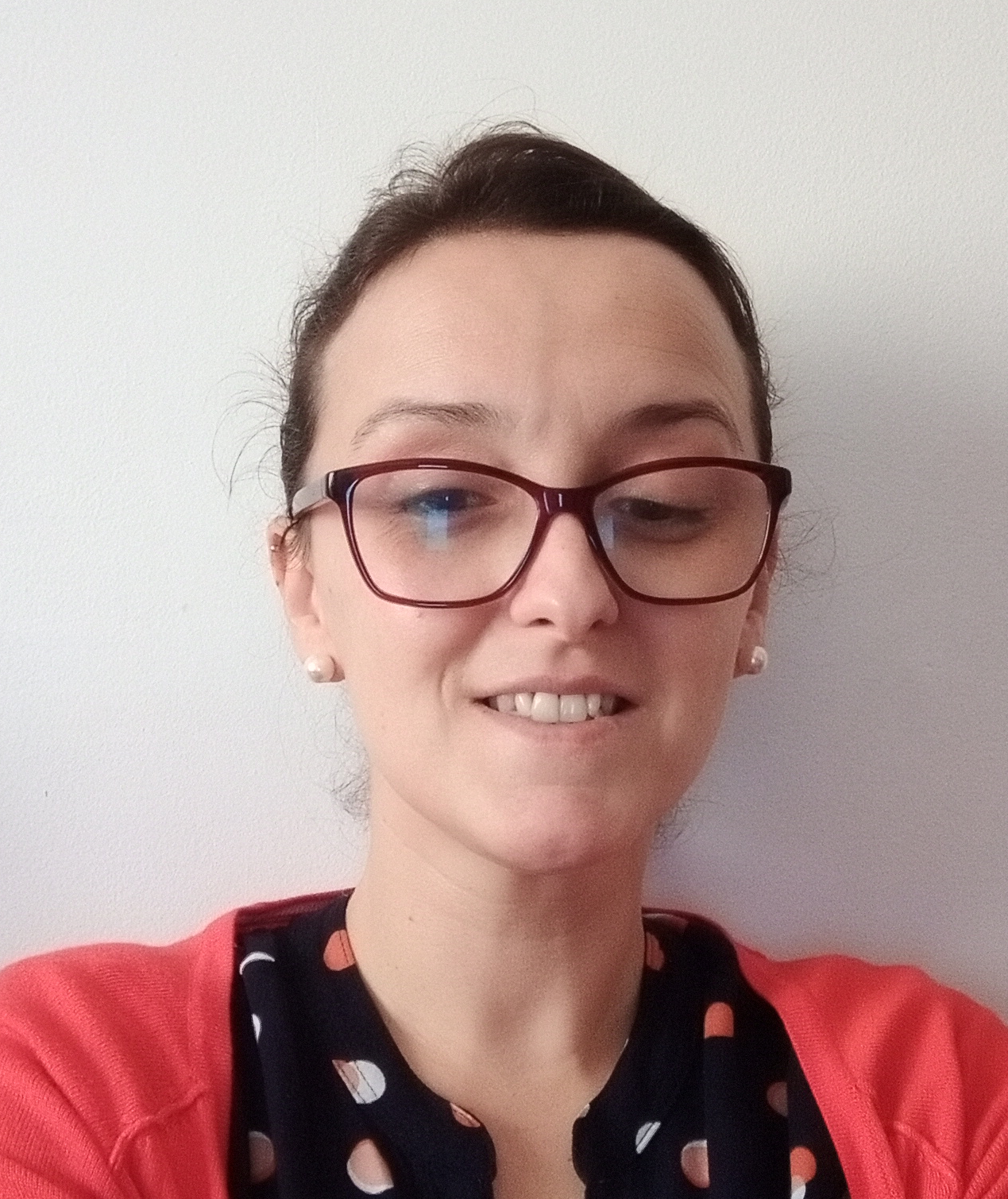SUPPORT FOR BARIATRIC SURGERY
Boosting motivation and commitment for behavioural, nutritional and psychosocial changes before and after bariatric surgery
Also known as obesity surgery, bariatric surgery is an intervention option when obesity has reached a critical level and changes in diet and physical activity no longer have an effective impact. For patients aged between 18 and 69, the typical indications for bariatric surgery are:
-
A BMI ≥ 40 kg/m²
-
A BMI of 35–40 kg/m² with comorbidities where surgery-induced weight loss is considered the best approach (such as metabolic disorders, cardiorespiratory disease, severe joint disease, or serious psychological conditions related to obesity).
Pre-surgery Psychological Assessment
A thorough psychological assessment covering behavioural patterns, nutritional factors, family dynamics and personality should always be part of the patient’s pre-surgery evaluation at Oficina de Psicologia. The information gathered by the clinical psychologist is essential for the whole obesity surgery team.
The purpose of this assessment is not only diagnostic; it also ensures the safety and effectiveness of the surgery by identifying potential areas of vulnerability, challenges and strengths, to create an individualised treatment plan.
This evaluation must include:
-
Screening for psychopathology
-
Personality profiling
-
Assessment of expectations and motivation for surgery
-
Lifelong weight history and eating habits
-
Lifestyle and social support network
Identifying specific interventions for each case increases the likelihood of long-term commitment and sustained weight loss (for example, recommending psychotherapy before and/or after surgery).
A clear aim is to strengthen the patient’s motivation and ability to commit to behavioural, nutritional and psychosocial changes both before and after the procedure.
The report compiled from this assessment can also prove invaluable in the event of post-surgery emotional setbacks (such as depression or anxiety), enabling quicker and more targeted intervention.
The pre-surgery psychological assessment must also detect potential psychological contraindications for surgery, such as severe eating disorders, major unmanaged personality disorders, or active substance abuse.
Preparing for Surgery
Preparation includes anxiety management training and mindfulness exercises to help maintain post-surgery calm, manage discomfort and pain tolerance, and regulate expectations.
Post-surgery Phase
Eating disorders such as binge eating can increase the risk of limited weight loss following surgery and medium-term weight regain. The presence of two or more psychological conditions may further raise the risk of non-adherent behaviour after surgery.
A structured post-surgery follow-up, based on the risk factors identified in the assessment, is crucial to prevent relapse or worsening of prior conditions. Depending on the case, solutions can include EMDR, medical hypnotherapy, or mindfulness-based approaches.
CONFIDENTIALITY AND DIGITAL SECURITY
MedicalPort respects the protection of personal data and fully complies with the General Data Protection Regulation (GDPR) to ensure maximum confidentiality.
ONLINE SUPPORT FOR BARIATRIC SURGERY
The consultation can be carried out online via our Stuward telemedicine and telehealth platform, designed specifically for doctors, therapists, psychologists and other healthcare professionals. This platform ensures the highest level of data security, guaranteeing full protection of clients’ digital information.
Using the platform does not involve any additional costs and does not require downloading any application — all you need is an internet connection.
Doctors who perform this medical procedure

Psychology: Parental Counselling
Professional Registration No. 23814
I've been fascinated by human behaviour since I was a child—the "why" behind our emotions, our reactions, and the relationships we build. This fascination led me to pursue a degree in Health Psychology, which I completed in 2007.
Over the years, my journey has evolved naturally. I started in the geriatric field, then moved on to working with adults, and later had the opportunity to work with children—an experience that turned into a deep passion. Today, I work with both children and adults, but it is within the world of childhood that I find some of my greatest challenges and motivations.
As I work daily with children, parents, and schools, I felt the need to deepen my knowledge of education. This led me to embark on a new journey and return to university, where I am now completing my second degree, this time in Education.
I love stimulating children's cognitive development, and I believe that each child has their own pace and unique needs. My commitment is to tailor every intervention individually, ensuring they feel understood, supported, and capable of reaching their full potential. I also strive to help families feel more secure and confident in their role—because raising a child can be challenging, but with the right support, everything becomes easier!
For me, true change happens when children, families, and schools work together. When everyone moves in the same direction, the results speak for themselves.

Clinical Psychology
Professional Registration No. 25389
Master’s Degree in Psychology– Clinical Psychology and Health section, Psychology of Health and Disease nucleus. Postgraduate course Integrative and Cognitive-Behavioral Therapies, adult (on going). Work experience in clinical psychologist private practice (online and in person) with adults.
Member of the Portuguese Psychological Association since 2020.
Fields of interest: anxiety, depression, mourning, intra and interpersonal difficulties.

Psychology
Professional Registration No. 14426
Master in Psychology from the Faculty of Psychology at the University of Lisbon, with advanced training in Cognitive Behavioural Psychotherapy.
Master's degree in Public Health, specialising in health promotion, from the Nova University of Lisbon, and a bachelor's degree in Dietetics and Nutrition from the Polytechnic Institute of Lisbon.
Her areas of intervention and interest are the promotion of psychosocial well-being and eating behaviour disorders.

